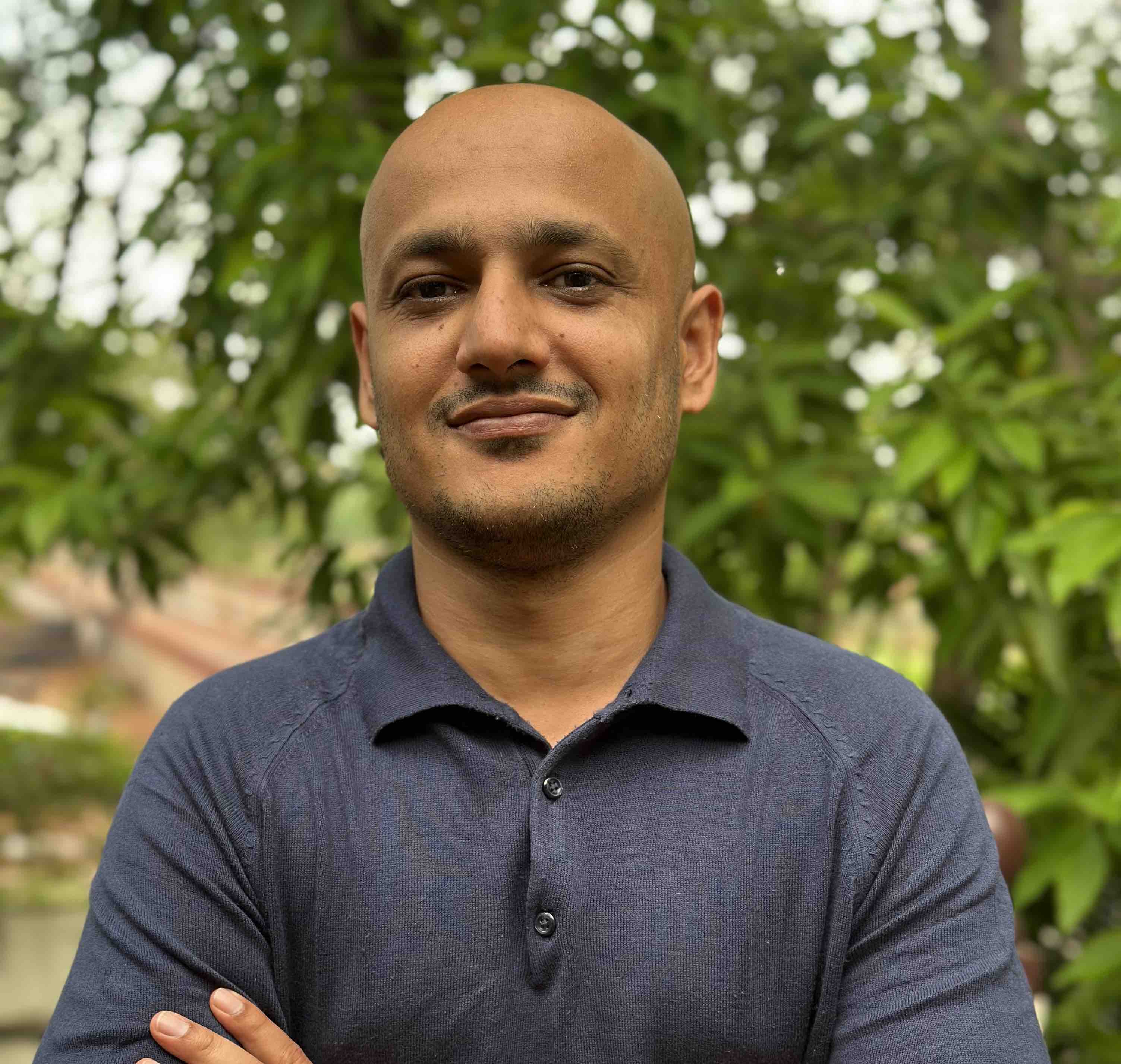
India has it’s share of problems in healthcare, with a large customer base looking for solutions; these are also lucrative business opportunities.
Digital Health Record
Close to 70% healthcare expense in India is paid out of pocket. This results in many not having a steady physician or hospital they go to. People migrating nationally and internationally is another reason for the fractured state of personal health data.
With the new [Digital Information Security Health Care Act (DISHA)] (https://mohfw.gov.in/newshighlights/comments-draft-digital-information-security-health-care-actdisha) coming into effect soon there is an opportunity for startups to understand the new legal framework and make personal health more accessible and portable for the patients.
Nutrition
Lack of awareness of nutrition science has resulted in years of word of mouth nutrition advice that either no longer applies or is false. A National Family Health Survey shows that we have a huge population of both people under-nutrition and obese! 20.7% of the women in the country are obese and 20.9% of the women are under-weight.
With a turnover of close to 1.4 billion dollars, a brand like Patanjali proves that there is a huge group of people who want natural, healthy and affordable products.
Nutrition-focused food products or software solutions that help people better understand and manage their health.
Non-communicable Diseases
Heart-related ailments, cancer, diabetes and other noncommunicable diseases cause close to 60% of deaths.
Managing these requires in many cases lifestyle changes and is tedious. Not proper management results in deteriorating health, more spend on physician visits and medicines.
Maternal Mortality Rate and Infant Mortality Rate
Although both of the mortality rates are on a decline, the rate of decline remains comparatively slower than some many other Asian countries.
Many women traditionally eat last after they’ve fed the family. They continue this practice even when they are pregnant. This results in irregular meal times and subsequently malnutrition. In some cases in the rural population, discrimination also results in reduced access to health care for women which aggravates the situation further.
More than men the women themselves need to be educated about the drawbacks and consequences of these practices. Nutrition and women health products and services can get a wider adoption if they also help women in addressing these biases and improving awareness.
“You can tell the condition of a nation by looking at the status of its women.” — Jawahar Lal Nehru, Ex-Prime Minister of India
Text and app-based services that promote both maternal health and products/services that are needed during pregnancy to the masses could help improve things.
Mental Health
Discussions around mental health are still very awkward, taboo and insensitive. Things are improving lately but again primarily in urban areas that too only with a subsection of the society that is highly educated. This has a direct impact on the kind of mental health services and support system we have.
Access to mental health services is the biggest challenge with more than 40% of them having to travel more than 10 km. This coupled with 0·3 psychiatrists per 100,000 and 99% of the Indians not believing in a need for mental health care, makes things a lot more challenging.
We need more products, platforms, and services that
- Optimize usage of psychiatrists time
- Enable friends and family members to sensitize other members of the family or friends about the condition
- Data collection through logging or sensors
Medical Education
We have a massive shortage of medical professionals including physicians, nurses and more. 0.7 physicians per 1000 people (https://timesofindia.indiatimes.com/india/healthcare-costs-land-5cr-indians-in-poverty/articleshow/62076906.cms). There are a lot of private players getting into medical training and education but this is another massive opportunity where many are not executing it to the degree where it is resulting in an impact.
Impact
While most health tech startups and investments are focused on the urban middle class. There is a huge underserved market in rural India. The lack of access to doctors and medical supplies needs more attention from businesses. Many problems discussed above need to be designed by startups looking at both urban and rural India.
22 major languages are spoken in India and we have a huge population that doesn’t speak any English or Hindi. There is a huge opportunity loss with startups happy to wait for rural India to catch up with technology and education.
How about kiosk-based health access via general stores just like these payment wallets are doing it?
Are you working on a healthcare product for India? What problem are you trying to solve? Would love to follow this up with a list of startups that are already working on some of these. If you are one please comment.
At CauseCode we are helping customers across the globe solve complex health and wellness problems. Reach out if you would be interested in making a difference! We can be reached at bootstrap@causecode.com
If you're a founder or CEO eager to move faster and seek tailored strategies for your unique challenges, don't navigate this journey alone. Reach out to me. Together, we can dissect, refine, and optimize your enterprise's trajectory to withstand the tests of time and innovation. Let's make your vision not just a goal, but an impending reality.
I have limited open hours. Book Appointment
